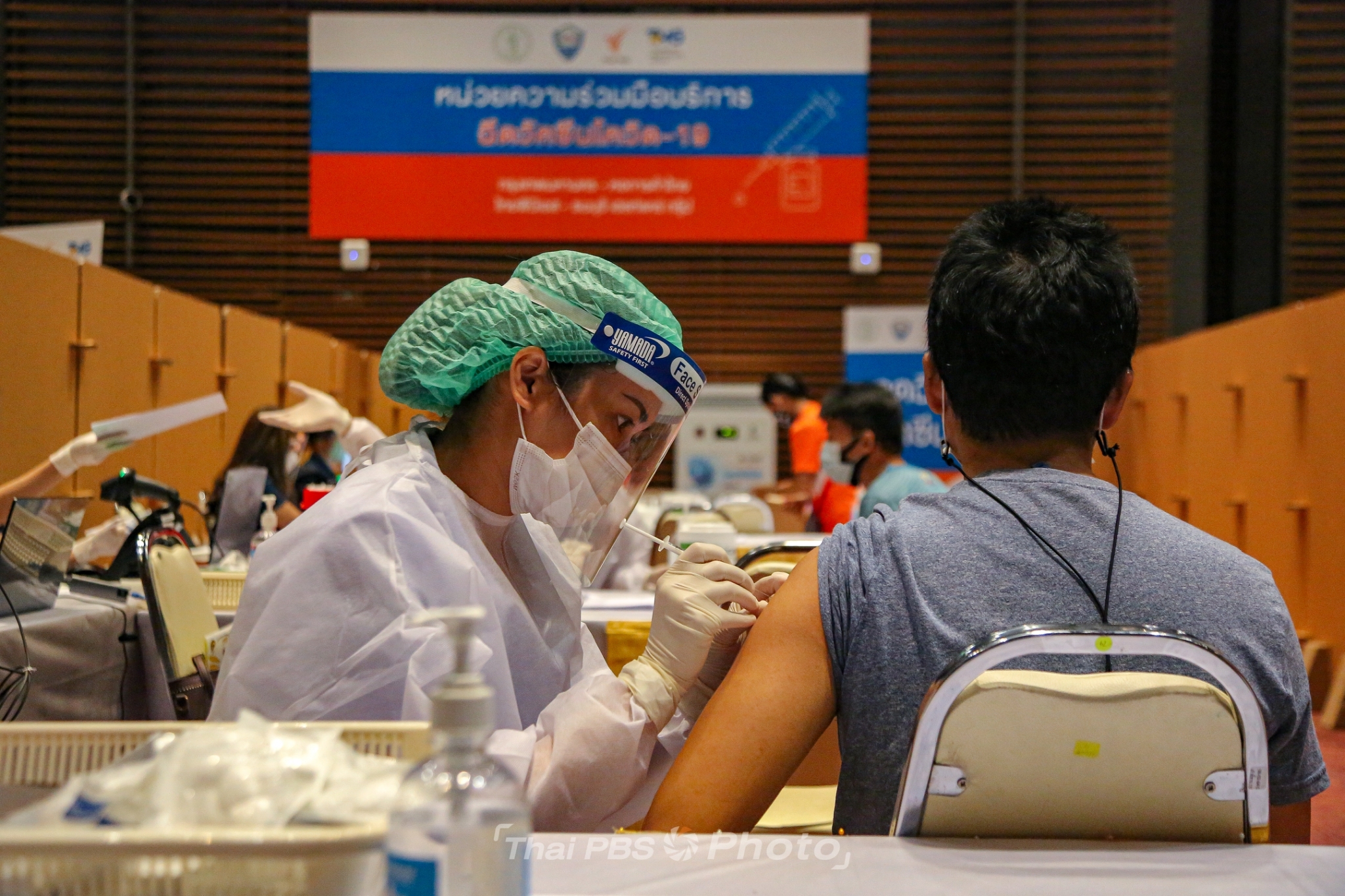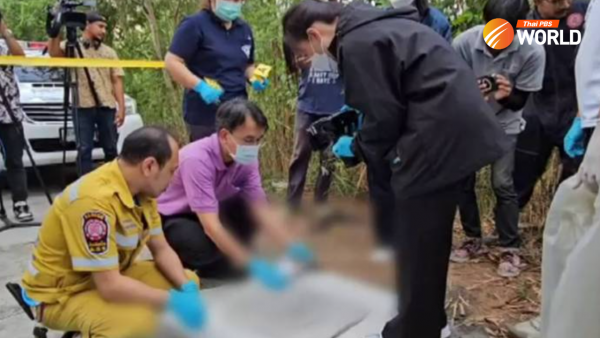Thai medical professionals say “Get a vaccine booster jab before Songkran”

As the long Songkran break approaches, Thailand’s Ministry of Public Health and five of the country’s medical associations are urging people who have had two or three doses of COVID-19 vaccines to get booster shots before they travel.
The associations also dismissed, as lacking large-scale research to support it, a recent report claiming that excessive vaccination may result in autoimmune disease, which will attack the body.
The five medical associations are the Royal College of Physicians, the Preventive Medicine Association of Thailand, the Thai Society of Critical Care Medicine, the Thoracic Society of Thailand and the Infectious Disease Association of Thailand.
Dr. Sumanee Wacharasint, director of the Bureau of Risk Communication and Health Behaviour Development, said today that only 34.6% of Thai people have received their booster shots, including the elderly, only 37.2% of whom have received their booster doses.
Only seven provinces have achieved their 70% target of booster shots for elderly people. They are Nan, Nonthaburi, Samut Prakan, Phuket, Maha Sarakham, Lamphun and Chainat.
Relaxed restrictions, said Dr. Sumanee, may have led several people into complacency, believing that two doses of vaccine are enough, as she explained that, after a period following the two doses, the immunity generated by the vaccines will reduce, so there is a need for a third or fourth dose.
She predicted that COVID-19, including Omicron cases requiring hospitalisation cases and even the mortality rate will surge after Songkran if fewer people get their booster shots before Songkran.
She urged parents to take their children, aged from 5 to 11, to get vaccinated, which is available as Pfizer-Pfizer eight weeks apart, Sinovac-Pfizer four weeks apart or Sinovac-Sinovac four weeks apart, plus a third Pfizer booster four weeks after the second shot.
She disclosed that less than 50% of the 5-11 age group have received their first vaccine dose and under 2% have received a second dose of vaccine. This leaves them vulnerable to infection and at risk of hospitalisation or death, particularly those who have underlying diseases.
According to UNICEF and based on 62% of fatalities worldwide as of March 2022, among the 3.7 million COVID-19 deaths reported in the MPIDR coverage database, 0.4% (over 13,400) occurred in children and adolescents under 20 years old. Of the deaths reported in those under 20, 58% occurred among adolescents aged 10–19, and 42% among children aged 0–9.
Dr. Sumanee also recommended self-assessment measures for all who are preparing to visit their homes in upcountry provinces to visit their families during the long holidays.
The measures, she explained, mean the travellers must make sure they are free from the virus one week before their departure for home, by assessing whether they have a cough, a runny nose, sore throat or muscle pains or have visited high-risk venues. If they have such symptoms, they should self-administer rapid antigen tests and cancel their travel plans if the test results are positive.






